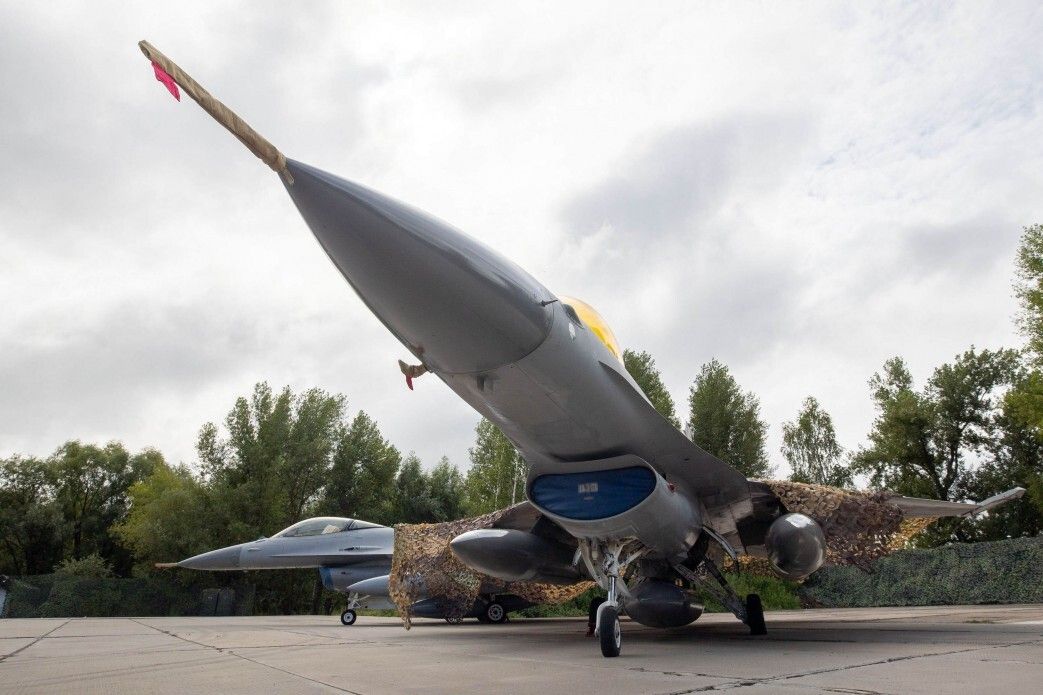Ukraine destroys Russian S-300 radar in occupied Crimea, military says

Ukrainian Special Operations Forces destroyed the radar of a Russian S-300 air defense system at the Saky airfield in occupied Crimea over the weekend, the military reported on Sept. 1.
Radars serve as the "eyes" of an air defense system — without them, anti-aircraft units are effectively blind and unable to operate.
The strike took place overnight on Aug. 30, with the Crimean Wind Telegram channel reporting explosions and a fire near the base the same day.
"As a result of the actions taken, the radar for the S-300 complex was destroyed at the military airfield in the village of Saky," the Special Operations Forces said in a statement.
The S-300 is a Soviet-designed long-range surface-to-air missile system that remains central to Russia's layered air defense. Its radar units provide early warning, target tracking, and guidance for interceptors against aircraft, cruise missiles, and ballistic missiles.
The Saky airbase, located in western Crimea, is a key hub for Russian operations in the Black Sea. It previously served as a base for Ukrainian naval aviation before Russia's occupation of Crimea in 2014.
Kyiv has stepped up strikes on Russian military assets in the occupied peninsula. Ukrainian military intelligence reported on Aug. 28 the destruction of a Russian 91N6E radar, part of the S-400 system.
Earlier in the month, Ukrainian forces also destroyed an S-300 system in occupied Zaporizhzhia Oblast.











